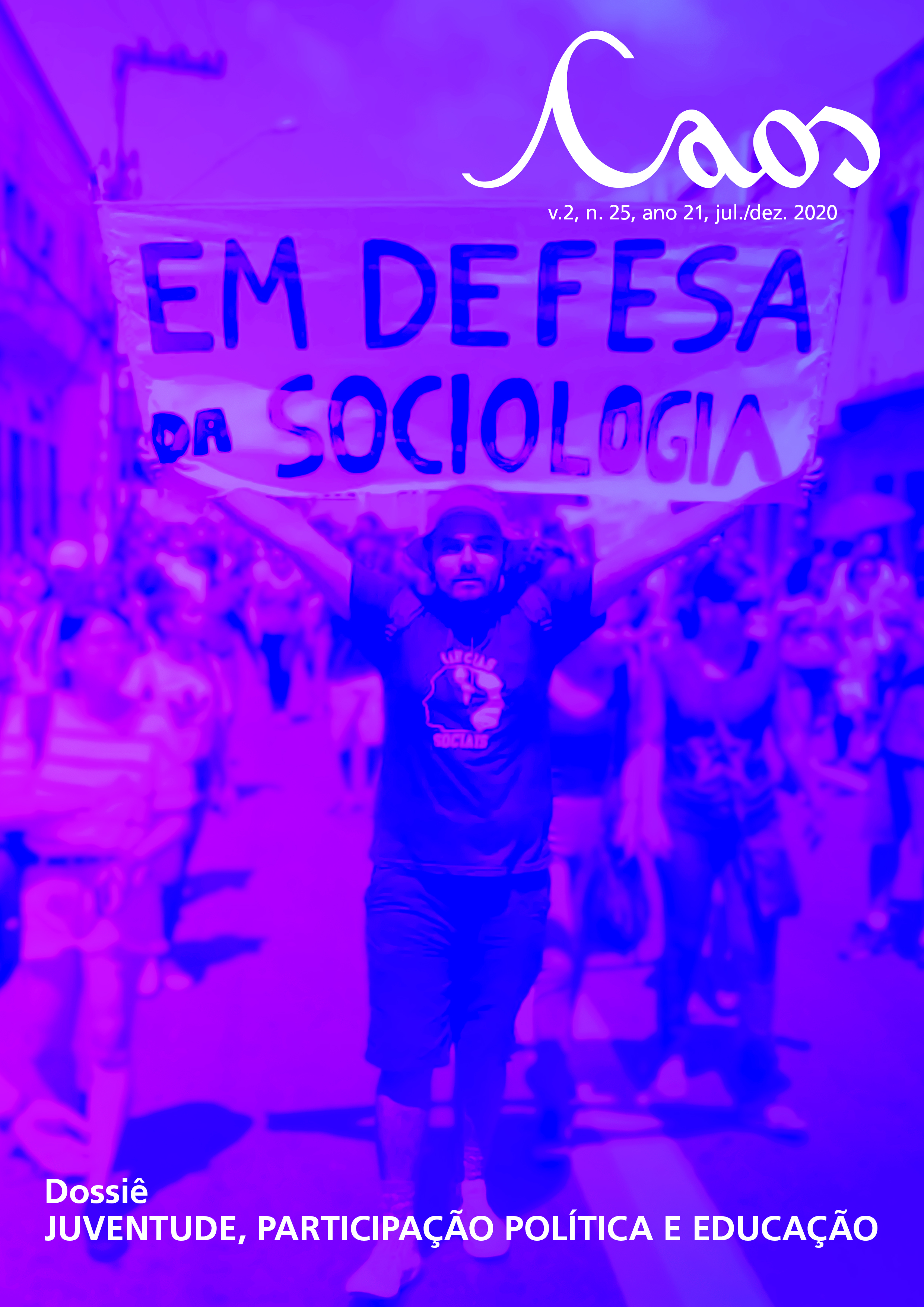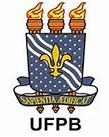MAY 2019: a struggle for recognition in the face of the deconstruction of the university social value
DOI:
https://doi.org/10.46906/caos.n25.54869.p126-147Keywords:
protests, university youth, recognition, rightsAbstract
This work analyzes the street demonstrations that took place in Brazil in May 2019 based on Axel Honneth’s theory of struggle for recognition, in order to point out the moral elements that motivated the protests. It was sought to show that the speeches and actions of the government of President Jair Bolsonaro, that showed contempt for the academic and scientific milieu, caused a feeling of disrespect in the Brazilian university population, driving the struggle to defend the social value under deconstruction. As methodological procedures, a rescue of the speeches and actions of the Bolsonaro government was made to list the attacks against education and the university environment and, subsequently, the language used by the protesters during the May 15 and 30 protests was analyzed. With the collected material and subsequent interpretations, it was identified that, of the three patterns of recognition defined in the theory (love, rights and esteem), the movement of social devaluation of the academic environment put into practice by the government happens in the sphere of social esteem, with potential for displacement to the legal form of recognition. In the Bolsonaro government's statements, it was sought the offenses and degradations directed at the university, as well as examining the language of the protests, aiming to indicate the expressions of a reaffirmation of personal identity in response to the denied recognition.
Downloads
Metrics
Published
Issue
Section
License
A Caos é regida por uma Licença da Creative Commons (CC): CC BY-NC 4.0, aplicada a revistas eletrônicas, com a qual os autores declaram concordar ao fazer a submissão. Os autores retêm os direitos autorais e os de publicação completos.
Segundo essa licença, os autores são os detentores dos direitos autorais (copyright) de seus textos, e concedem direitos de uso para outros, podendo qualquer usuário copiar e redistribuir o material em qualquer suporte ou formato, remixar, transformar e criar a partir do material, ou usá-lo de qualquer outro propósito lícito, observando os seguintes termos: (a) atribuição – o usuário deve atribuir o devido crédito, fornecer um link para a licença, e indicar se foram feitas alterações. Os usos podem ocorrer de qualquer forma razoável, mas não de uma forma que sugira haver o apoio ou aprovação do licenciante; (b) NãoComercial – o material não pode ser usado para fins comerciais; (c) sem restrições adicionais – os usuários não podem aplicar termos jurídicos ou medidas de caráter tecnológico que restrinjam legalmente outros de fazerem algo que a licença permita.
Recomendamos aos autores que, antes de submeterem os manuscritos, acessem os termos completos da licença (clique aqui).
















